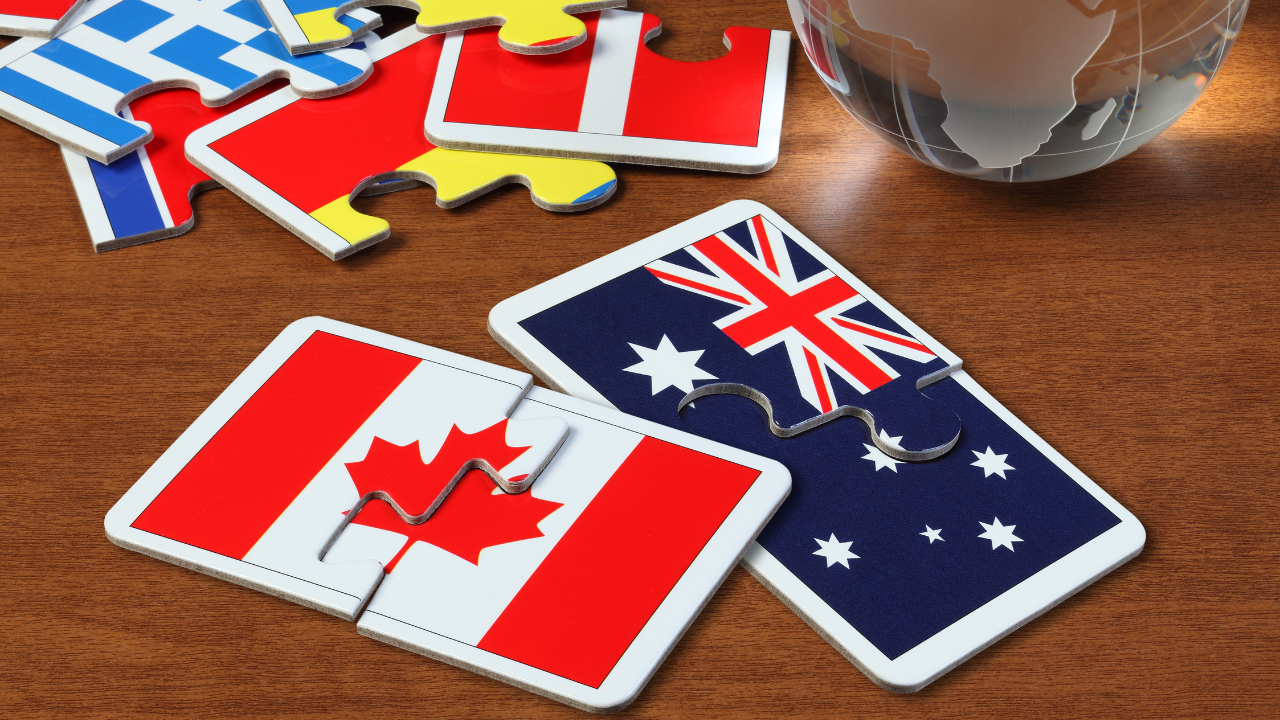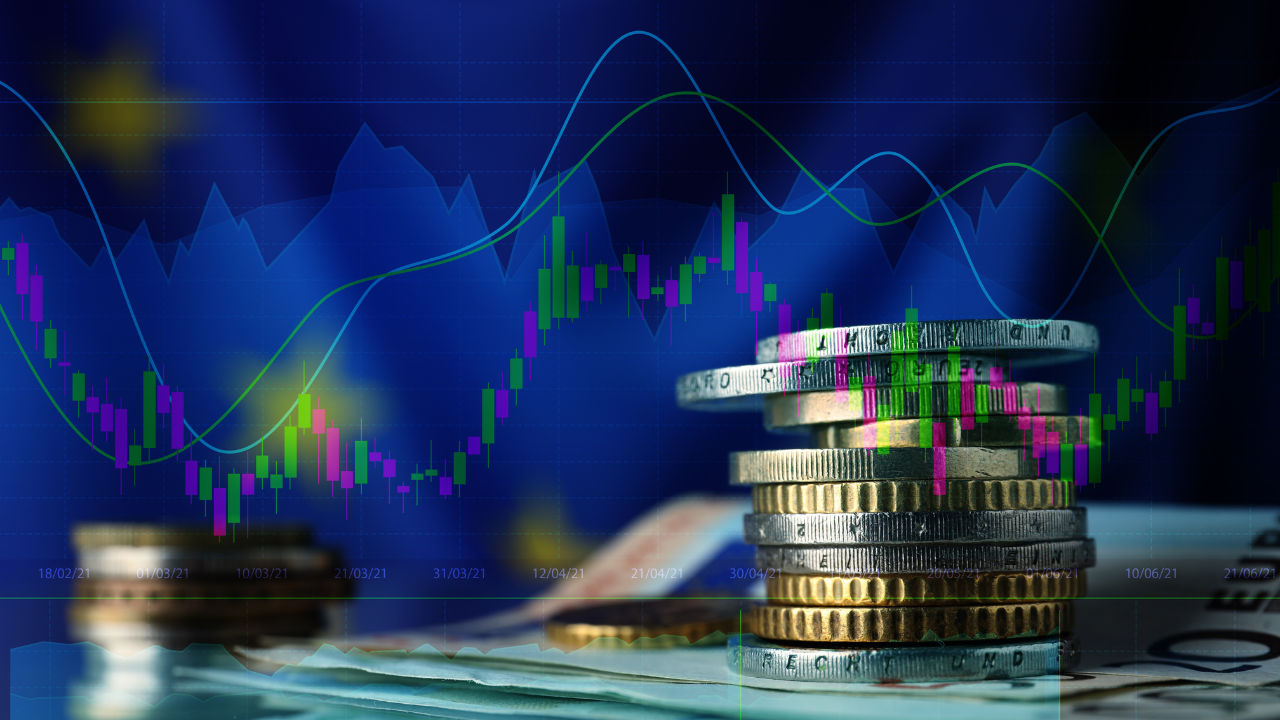



China’s top leadership has convened urgent talks in Beijing following a surprising move by former U.S. President Donald Trump that has sent shockwaves across the global political and economic landscape. The unexpected development—rumored to involve a bold foreign policy stance or a renewed trade threat—has prompted swift reactions from policymakers, strategists, and economic planners within the Chinese Communist Party.
Sources close to the matter indicate that President Xi Jinping chaired the closed-door emergency meeting, joined by senior Politburo members and key military officials. The central issue on the table: how to respond swiftly and effectively to Trump’s latest maneuver, which could potentially impact China's strategic interests, especially in trade, international diplomacy, and regional stability in Asia-Pacific.
While the specific details of Trump’s action remain partially undisclosed, early reports suggest that it could involve aggressive rhetoric or policy measures targeting Chinese industries or international alliances that China is part of. Some analysts suggest it may be linked to the Taiwan issue or new sanctions that could hamper Chinese exports or access to critical technology.
Markets reacted immediately to the developments. The Shanghai Composite Index experienced a sharp dip in early trading hours, while the yuan showed signs of volatility. International investors are watching closely, anticipating further geopolitical strain between the world’s two largest economies.
State-run media in China has remained relatively quiet but has hinted at a “serious situation that demands united national focus and calm strategic response.” The Global Times, often considered a mouthpiece for nationalist sentiment, urged citizens to remain confident in the nation’s leadership and warned against panic.
Diplomatic circles in Beijing are buzzing with speculation over China’s next move. Will the country take a hardline stance, or will it attempt to de-escalate tensions through dialogue and global mediation efforts? Some insiders believe China might leverage its partnerships in the BRICS alliance or increase engagement with the European Union to build international consensus against unilateral U.S. actions.
Historically, Trump’s presidency was marked by a contentious relationship with Beijing, including a damaging trade war and accusations over the COVID-19 pandemic’s origins. This latest episode, despite Trump being out of office, shows his influence on global affairs remains potent, particularly as he gains traction in U.S. political circles once again.
Experts warn that such incidents can destabilize not only diplomatic relations but also global economic stability. With the U.S. elections on the horizon and Trump eyeing a political comeback, China may be recalibrating its long-term strategy to address a potential second Trump presidency.
The coming days will be crucial in observing how China’s leaders shape their official response and what this means for the broader geopolitical environment. Observers are urging both nations to exercise caution, promote dialogue, and prioritize stability over confrontation.
#ChinaCrisis #TrumpShock #trending #latest #breaking #globalnews #geopolitics

Visa Cancellations Spark Confusion as U.S. Universities Seek Answers... Read More.

The Importance of Student Accommodation for Academic Success... Read More.
 Australia drops WFH change plan
Australia drops WFH change plan
PM candidate backs off WFH ban, keeping remote work alive.
 Faulty Antenna Caused Crash
Faulty Antenna Caused Crash
Antenna fault led to deadly Aussie helicopter accident.
 Canada-Australia Radar Deal
Canada-Australia Radar Deal
C$6bn Canada-Australia radar deal for Arctic defense
 Study Visa Changes: 2025
Study Visa Changes: 2025
New visa rules affect Indian students abroad in 2025.
 O’Brien Edges Ahead of Bowen
O’Brien Edges Ahead of Bowen
O’Brien holds clear lead over Bowen in recent showdown.
 China Holds Talks After Trump Jolt
China Holds Talks After Trump Jolt
Beijing in crisis mode after Trump’s unexpected move.
 BioVersys IPO Hits Swiss Market
BioVersys IPO Hits Swiss Market
BioVersys starts IPO season on SIX Swiss Exchange.
© MyEduGoal. All Rights Reserved. Design by markaziasolutions.com